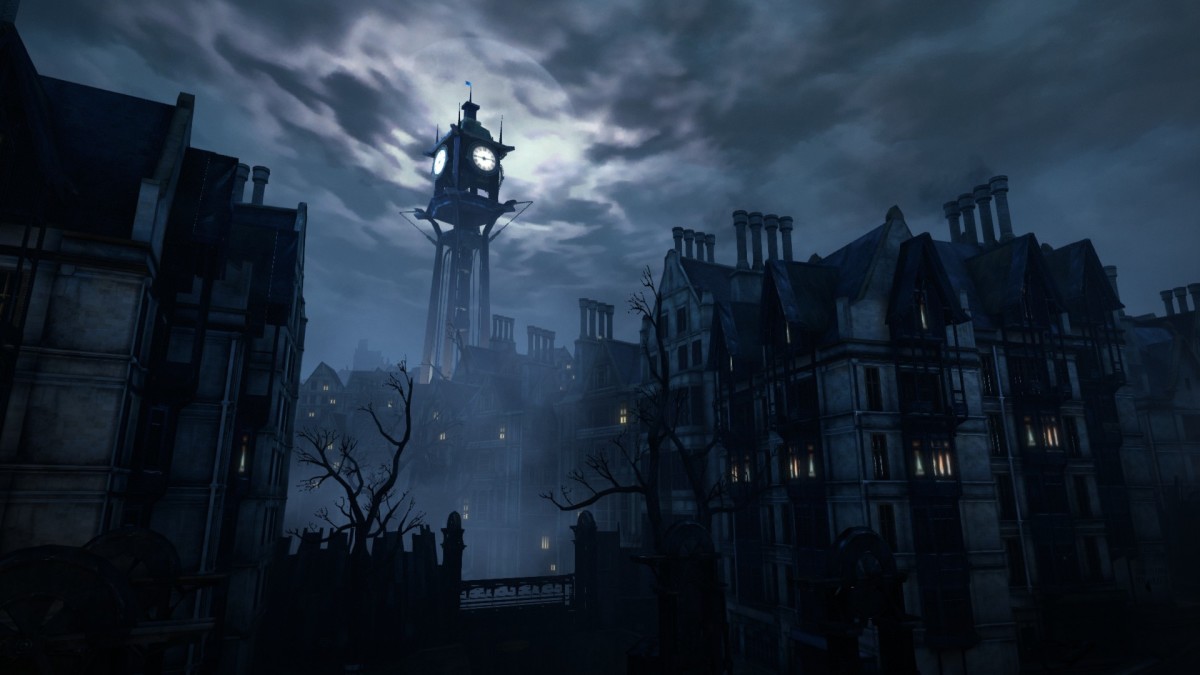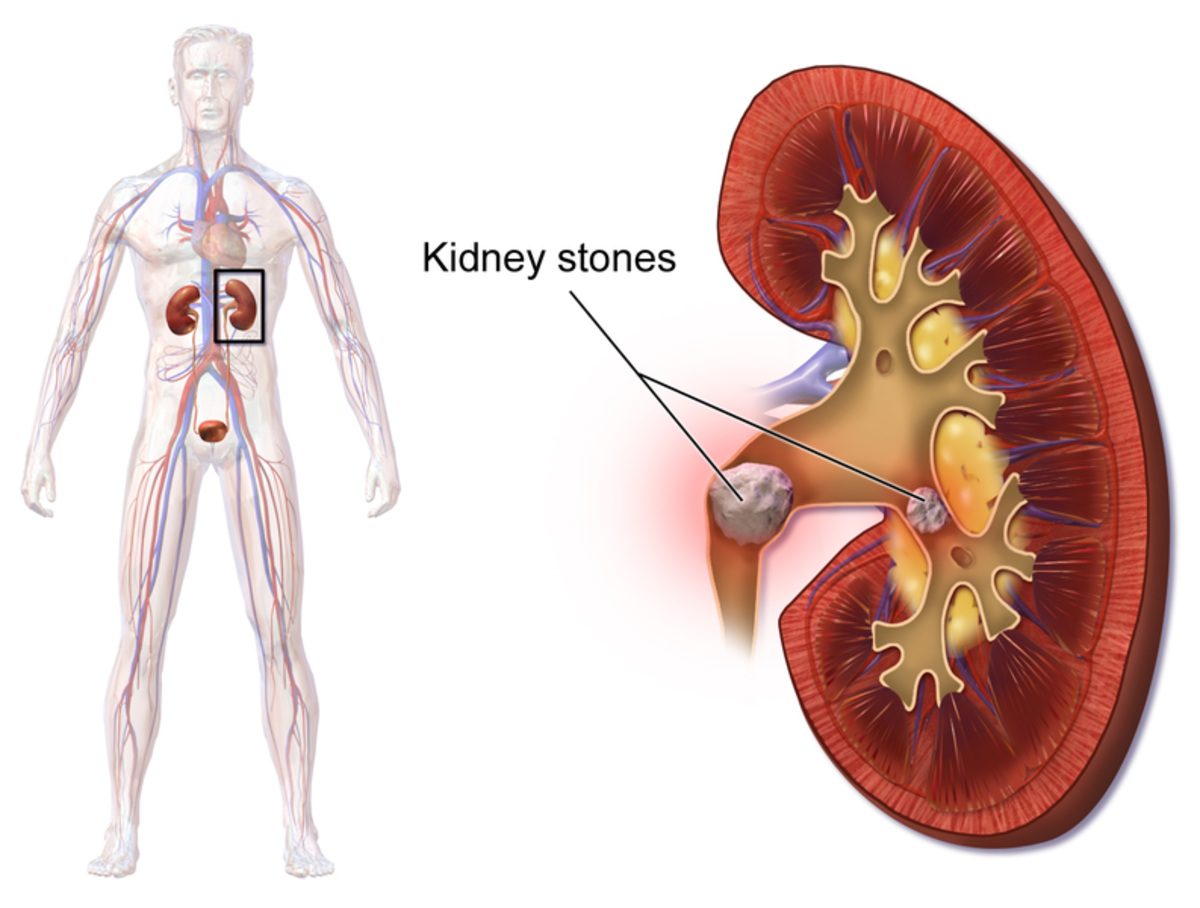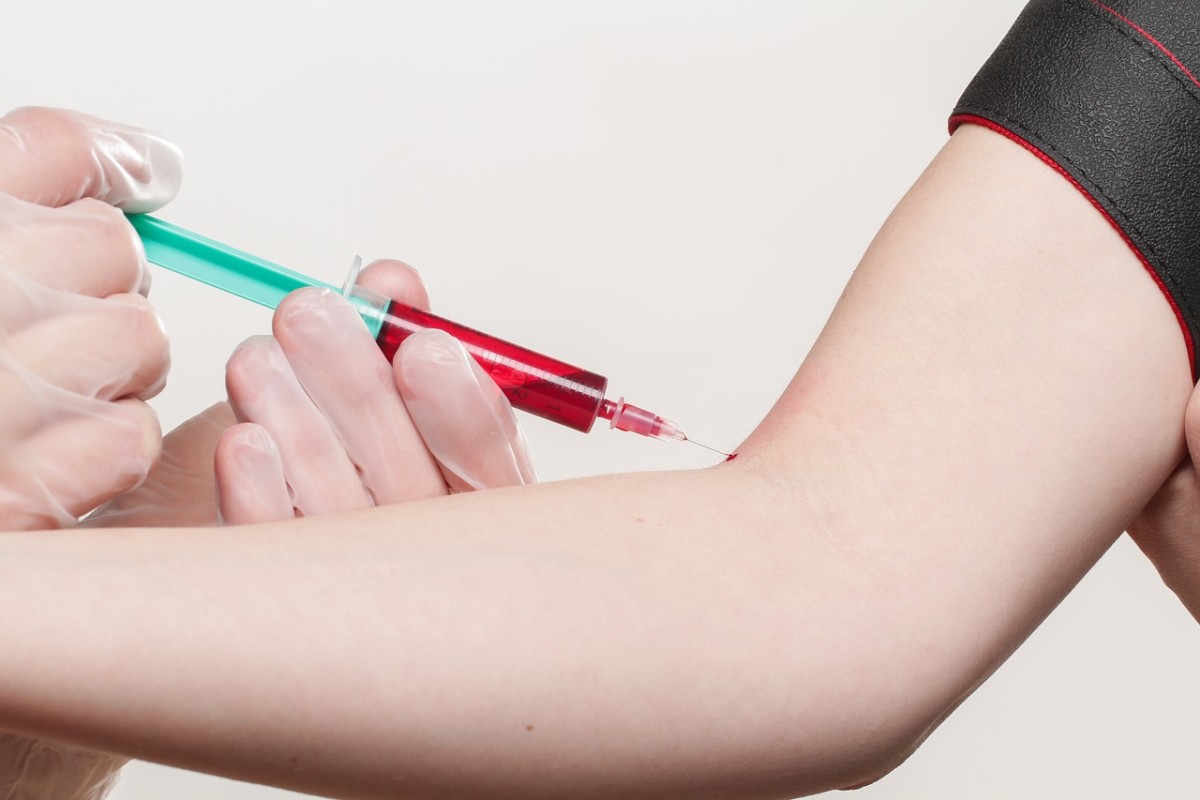Things I've Learned so Far From My Clinical Experience

We are two weeks into our four weeks outpatient experience. This clinical experience has opened up my mind to the field of physical therapy beyond the five or six years of research I've been involved in. It helps reinvigorate my passion for the field. I hope your experience, whenever it may be, will provide you with the same positive experience.
Evaluation and examination:
I was frightened of this procedure. I felt like I was not quite prepared for it. However, when my Clinical Instructor (CI) asked me to be the lead therapist- it would be my first evaluation and examination on a real patient- I managed to make it with just a slight bruise. I felt somewhat scripted, however, I was able to cover the most important points. Since then, I have become more fluid and efficient. I think you should be as thorough as possible when you first starting out. This ensures that you won’t miss anything but more importantly it shows your clinical instructor that you are knowledgeable and trustworthy.
Documentation easier than expected:
The great thing about being thorough is that it makes documentation much easier. This will help you paint a better picture and formulate an effective treatment plan. When we were in school, we would attend these clinical experiences once a week for two weeks. I remember the documentation part was incredibly stressful and the end product was always subpar. I think the discontinuity made it difficult. Those experiences left scars on me. This translated to my current experience. I was nervous the first few times I was asked to document on a patient that I helped evaluate. It was a bit of struggle. Fortunately, the program my CI uses has a template and all I have to do is to fill in the blank. This makes a thorough evaluation and documentation even more important. The program has a fill in the blank for every measure that you are expected to take. If you leave it blank it makes you look slightly incompetent. Many times, I forgot to do strength testing, PROM, or posture analysis.
Exercises are a challenge:
It is strange because physical therapy schools expect you to be experts in prescribing exercises and its’ parameter. You will realize that the all-important number is 3 sets of ten (or perform this ten times, then again, then again; as you might instruct your patients). Exercise parameter was not much of a challenge but the actual exercises themselves were something else. There are minute details that I keep overlooking. This prompt an inquisitive look from the patients as my CI or other PT scrambles over to correct the form. I feel our program should spend a bit more time on this.
PT aides and PTA are your friends:
This is why PT aides and PTA are invaluable. They are experts in this area. They can tell you where you can find everything. They can translate the PTs’ scribble into English. Furthermore, they can offer you priceless information in regards to the office politics.
Politics:
Your first real clinical experience will change you. I am currently in a very fast pace clinic. My CI sees 13-14 patients a day while working an 11 hours shift. His record is 19 and I was there to witness it. His skill to delegate tasks is amazing. This is something you can not simulate in a classroom setting. My CI gives me the same privilege that he has, which is the ability to assign tasks to the PTA and PT aides. It is much of a balancing act that should be carefully measured. You have to remember that your skill level is yet to develop. You still have a lot to learn. Furthermore, you are invading their space. There is a PTA in my clinic who has been there for over 15 years. She is basically a PT. So you have to learn to ask for “favors” rather than demanding them.








